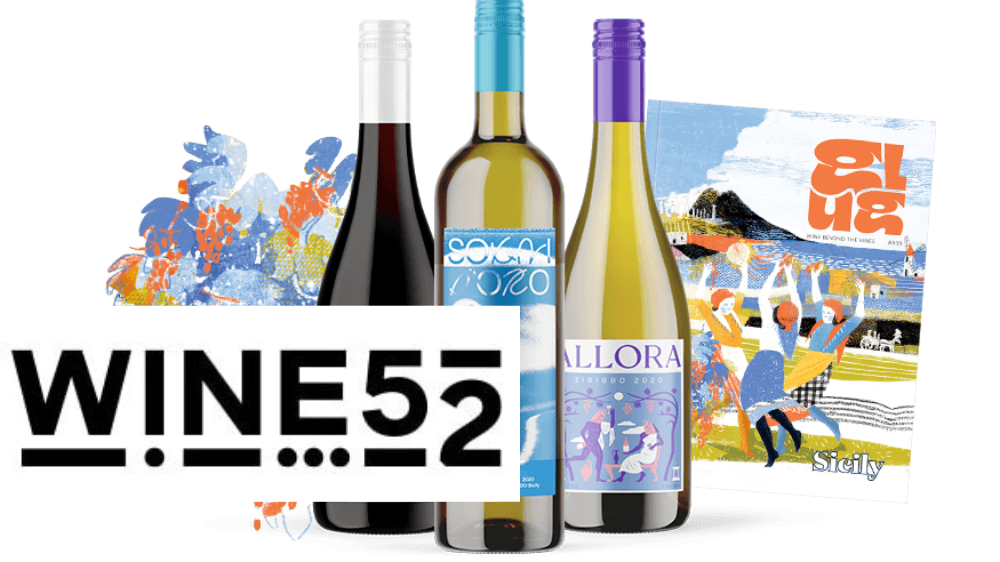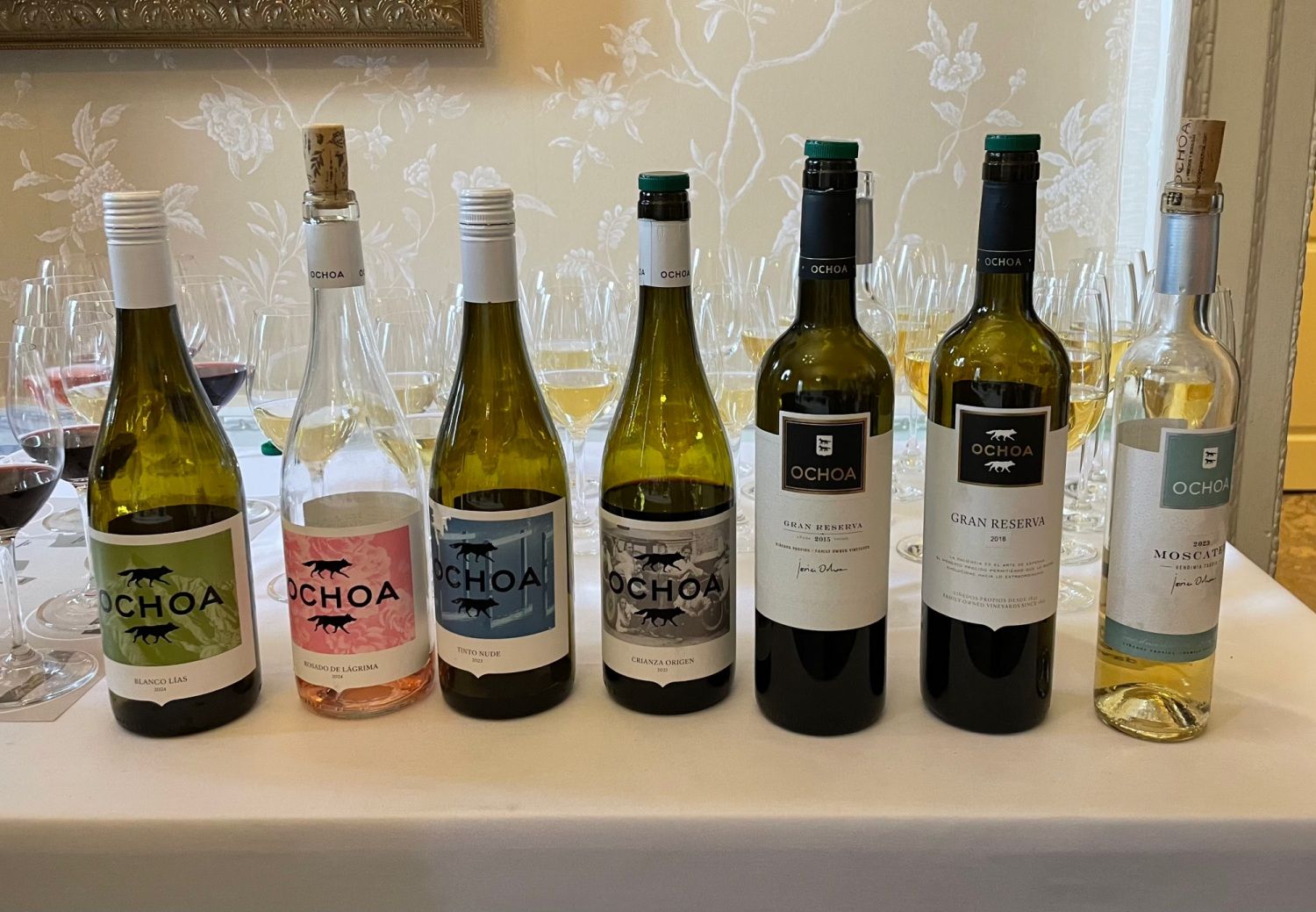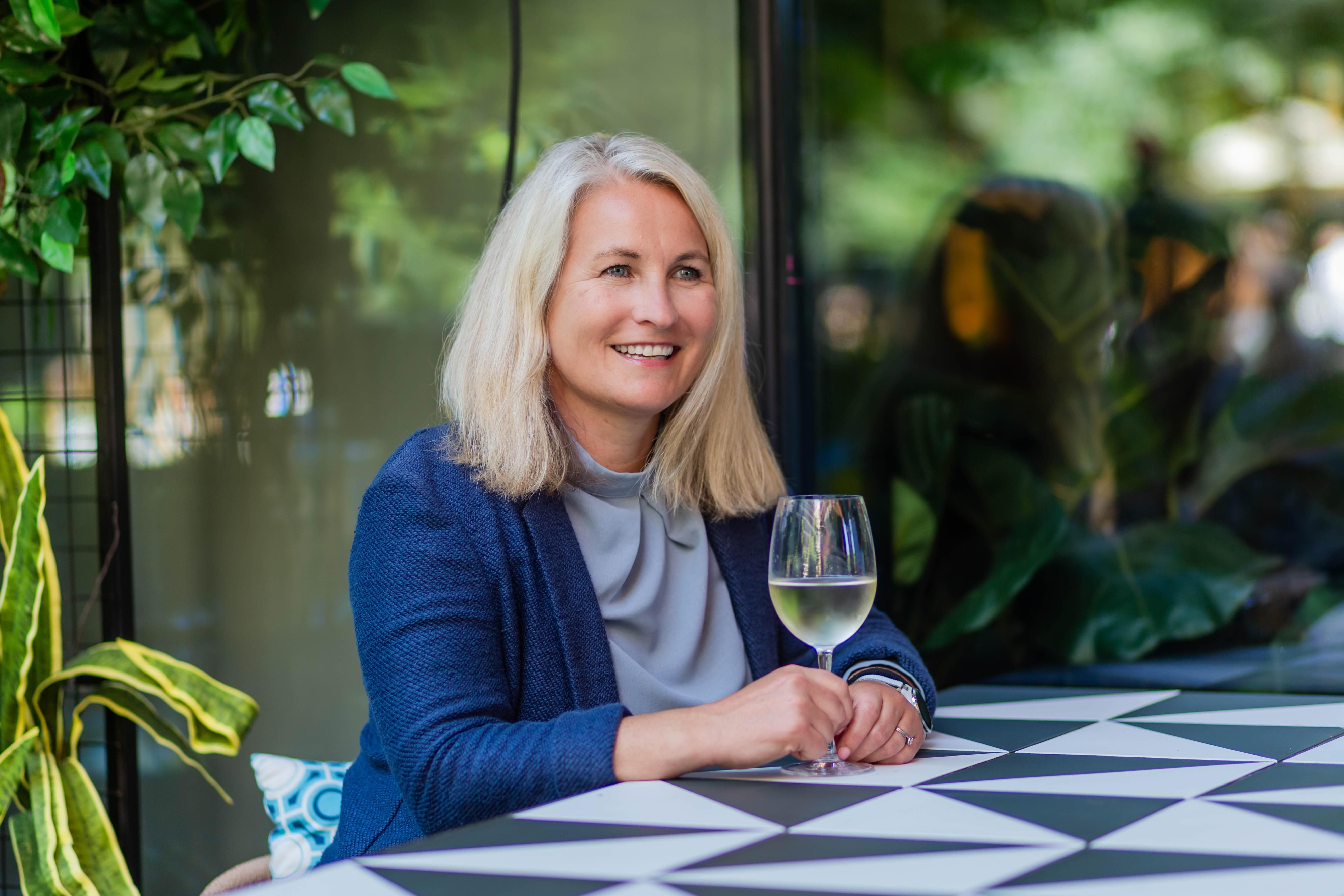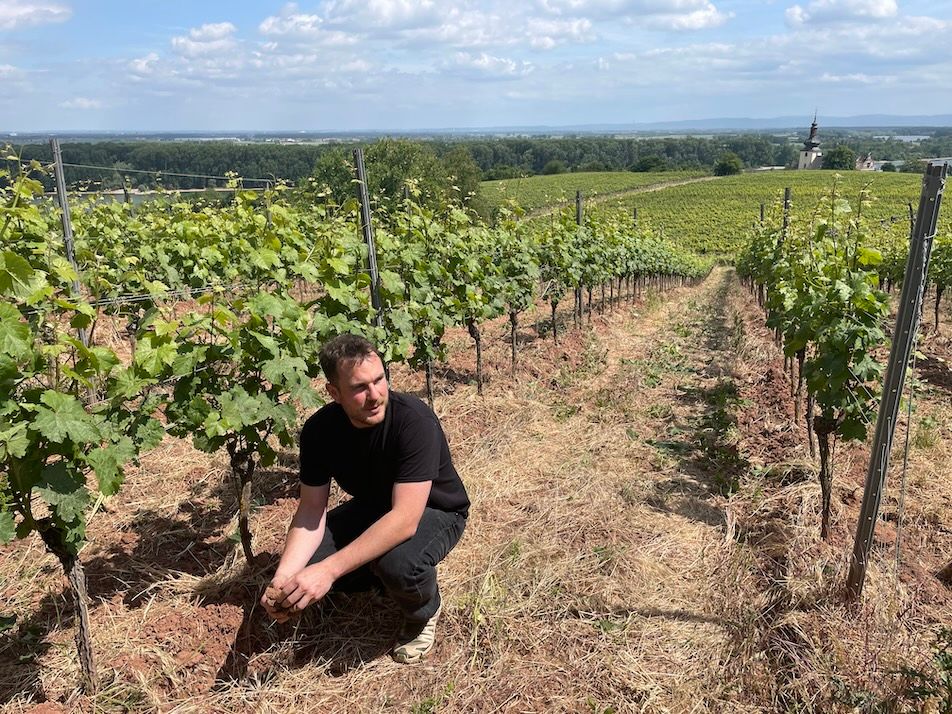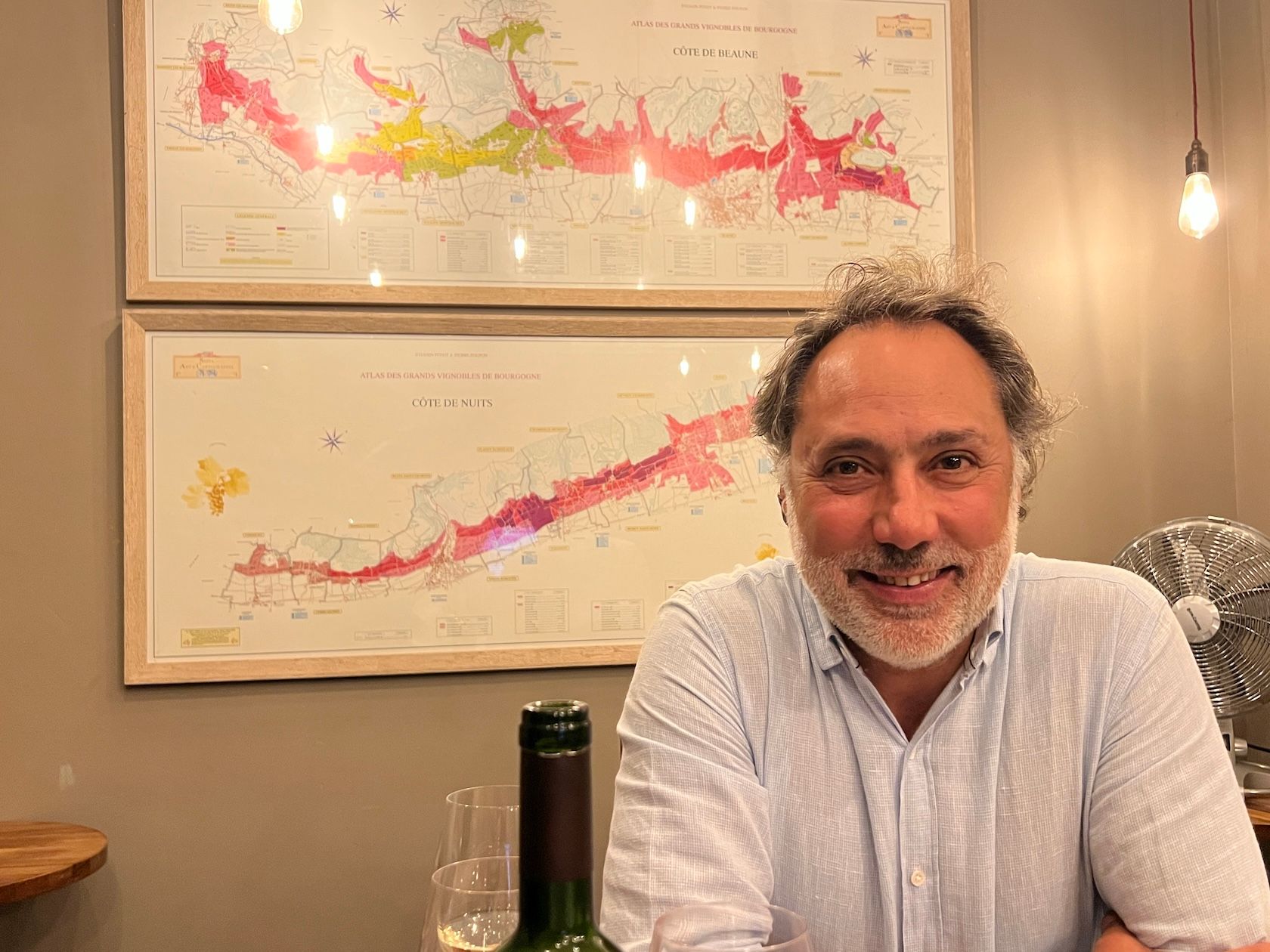Wine52 was launched in September 2021 by founder James Brown and now offers a range of off-beat wines – with a big focus on Bulgarian and Georgian wines –to the company’s 70,000 subscribers built up with the Beer52 business.
Tell us a bit about the background to Wine52 and Beer52?
It was founded in 2013 by a motorcycle road trip that our founder, James Brown, took with his dad. Stopping at breweries in Belgium along the way, he found his love of craft beer. He set out to visit a new country every month in search of the best beers, his friend Fraser jumped on board for the ride and since then Beer52 has become the world’s most popular beer club. The 52 is a reference to the 52 weeks of the year.
What regions and countries do you specialise in?
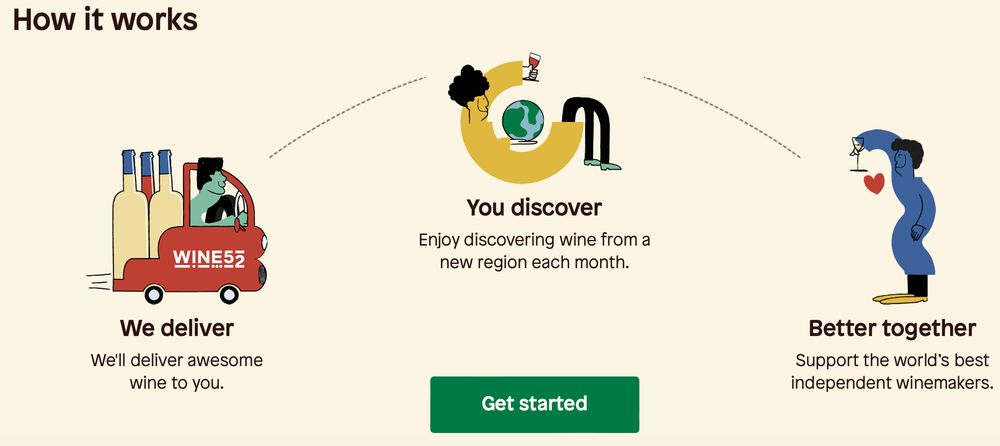
We do not specialise in a particular region or country. The primary focus of Wine52 is to supply British consumers with an opportunity to discover and try wines from lesser-known regions and countries around the world where vines have been cultivated for decades but wines rarely exported to the UK. However, every month we take our customers on a journey, exploring the nooks and crannies of the wine world in search of hidden gems.
Georgian Saperavi, Argentine Pedro Giménez or Fetească Regală from Moldova – we try to keep it interesting. The aim is to allow our subscribers to try wines they would not be able to find anywhere else.
How many wines do you offer customers in total?
Eight different wines each month.
Why have you decided to start including Georgian wines in your offer?
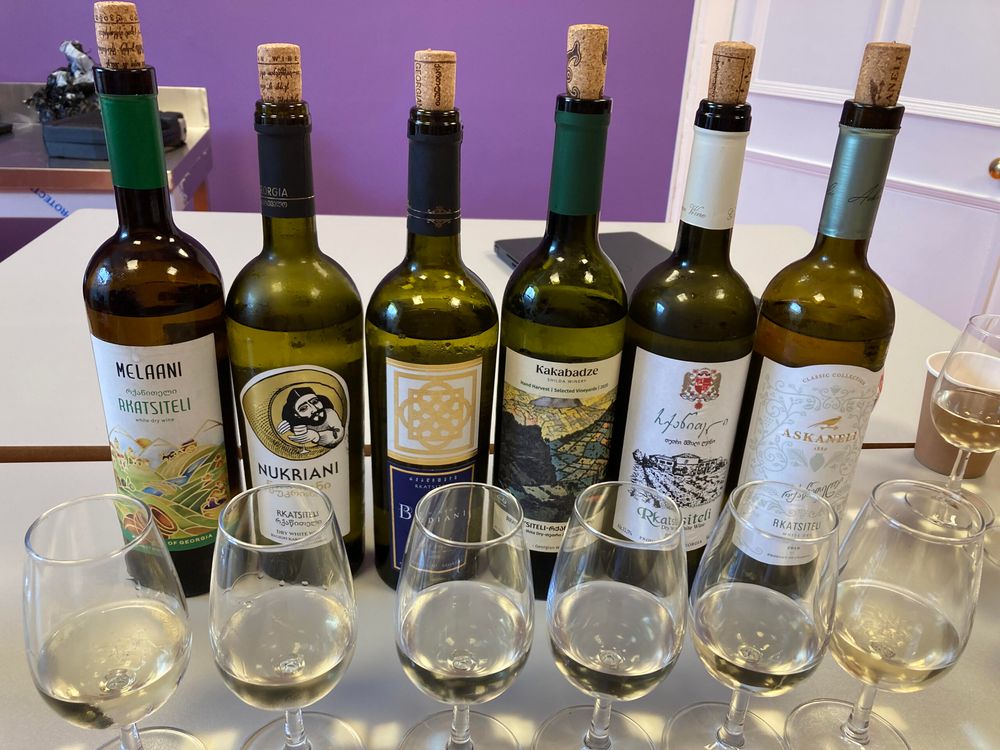
Georgia has become one of Wine52’s most successful wine countries
We look for the hidden gems of the wine world and Georgia is full of them. Being recognised as one of the oldest wine producing countries in the world, it bursts with heritage, culture and traditions evident in every bottle. It has a wealth of indigenous varieties that beautifully transport Georgian terroir and add a distinctive, unique character to each wine. The wines tick all the boxes; well-made, balanced, intriguing and extremely food friendly. The quality is exceptional and is a true reflection of the attitude one comes across in Georgia. I have dealt with many people around the world during my career but I have never met a more dedicated, welcoming and helpful bunch.
Do you think British consumers are ready to embrace Georgian wines, and what particular challenges do they present?
Definitely. The wines are beautifully made, approachable and extremely versatile. I believe the biggest obstacles are the unknown (and difficult to pronounce) grape varieties and scarcity of the wines themselves. That’s where Wine52 comes in. We aim to taste a minimum of 10 different examples of each variety available in any given region and only the wines made to the highest standards make it into the box.
How many are you going to list, and from which producers?
We have eight different wines from Schuchmann Wines – Alazani, Shilda and Bediani
What is the appeal and main USP of wines from Georgia and how do they compare in terms of quality, price and value for money?
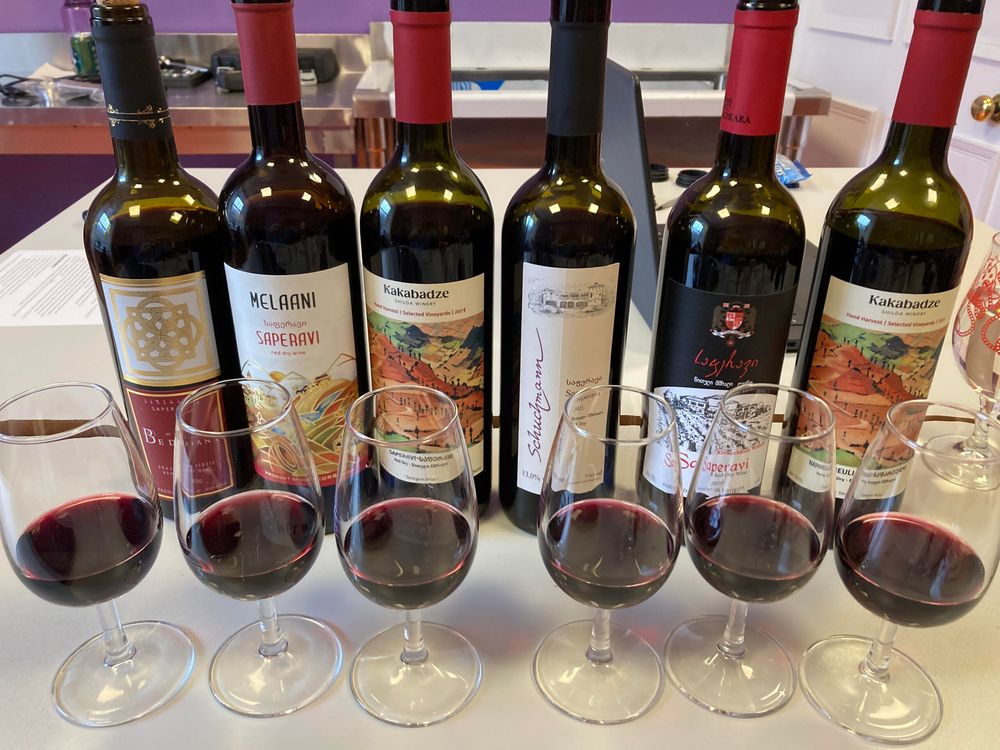
A selection of the red Georgian wines in the Wine52 range
The one thing that stands out for me is individuality. Georgia is one of the very few countries in the world that is reluctant to plant international grape varieties. Similar to Portugal, using indigenous varieties combined with modern technology and know-how resulting in well-made, clean and fresh wines packed with character and individuality. Georgia isn’t the cheapest but offers great value for money.
How many producers do you currently have?
The list changes every month, but so far we’ve worked with over 60 wineries around the world.
What is your buying strategy? What are you looking for?
A complex one that’s for sure. We are looking for the best examples of each available variety within the region we are working on. The aim is to find the often overlooked, indigenous grapes vinified to the highest modern standards. On top of that, we only work with wineries that implement sustainable and fair practices in the vineyard and winery. We also hire an artist from the region to design the artwork for each label.
How did the company fare during the pandemic? Did you benefit from more customers switching to online?
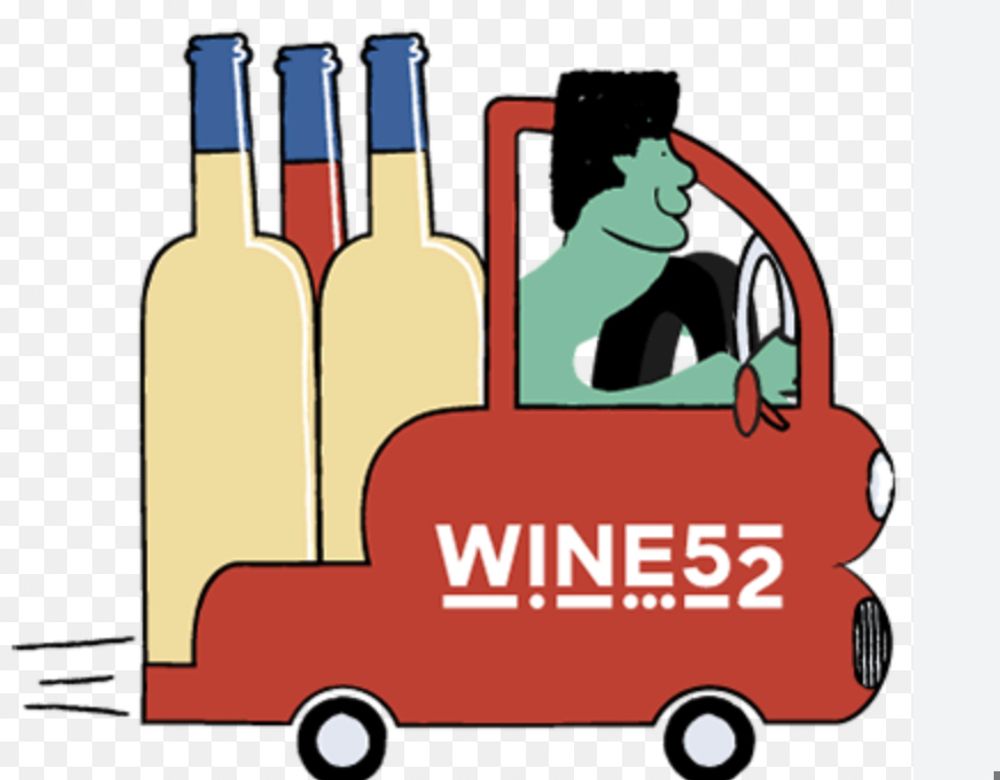
Wine52 is based on a model of buying three, four or six bottles a month
We’ve been very lucky to have steady and consistent growth since we started but we certainly had a spike of interest during the pandemic.
Are there any particular trends you’ve noted emerging in the past year amongst your members?
I have noticed that our consumers prefer lighter, fresher wines. Also, sparkling wines tend to do very well.
You’ve recently introduced a range of Bulgarian wines to your range. Why do you think Bulgaria fell out of fashion with UK buyers and consumers after its heyday back in the 80’s?
One could perhaps write a book about this but in a nutshell, the poorly handled land privatization process resulted in tiny plots being handed back to owners with little interest in grapes. Many of these were abandoned or poorly managed. The lack of cooperation between growers and wineries didn’t help either. Growers wanted to pick as early as possible to get paid before theft or bad weather. Wineries paying early in the fight for fruit supplies only added to the pressure, and the result was harsh, unripe wines rather than the soft, fruity, ripe and mellow wines the public loved in the 80s. To add to it, roughly at about the same time New World wines started to appear on the shelves.
What do Bulgarian wines offer, and do you believe that perceptions of it being cheap and cheerful plonk still persist?
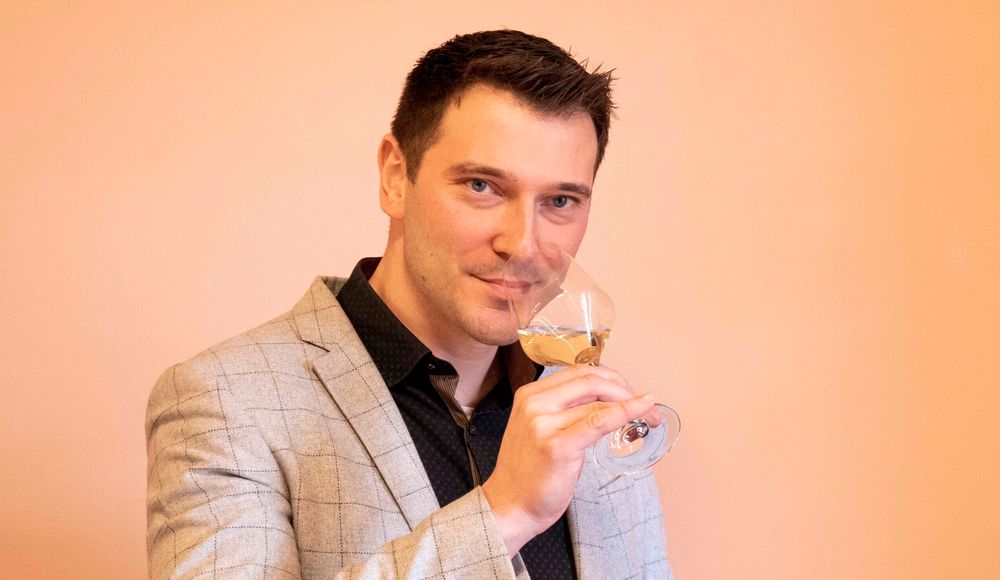
Thomas Sanetra hopes Wine52 can support producers from countries that offer interesting, quality wines that are often over looked
The last two decades or so have seen huge changes in Bulgarian wine. Vastly improved quality and the emergence of a new generation of quality-focused producers make Bulgaria worth a fresh look. It certainly deserves more attention than UK trade buyers seem prepared to spare. With the new funding available there are numerous state-of-the-art wineries, often relatively small but with quality being priority number one. The wines are second to none and are clearly aimed stylistically at the export markets.
What is unique about Bulgaria’s terroir?
As far as the story goes, God forgot about Bulgaria when creating the world and made it out of what he had left in the bag – mountains, sea, rivers, plains, hills Bulgaria has it all. The DO structure needs a lot more work as at the moment it doesn’t reflect individual regions and terroirs accurately but I truly believe Bulgaria is capable of offering a wealth of varieties and styles. For now, it is a lot of fun and one can find real hidden gems here.
Which other countries and regions will you be featuring in coming months and why?
This month we are featuring wines from Mendoza, but other exciting regions will be added in the coming months – however, this is a bit of a secret. What I can say is we are going overseas!
How much is a subscription to Wine52 and what does it include?
£32 for three bottles of wine, or £41 for four, or £59 for six plus a wine magazine Glug, and a selection of snacks, billed on a monthly basis. Customers are sent a selection of exclusive wines which vary depending on the monthly theme – this month it’s Mendoza. Members can choose whether they would prefer red, white or a mix of both.
What are your aims for the business in the coming five years?
We aim to make it possible for our community to try the wines rarely available in the UK and promote regions other importers would not dare to venture into.
